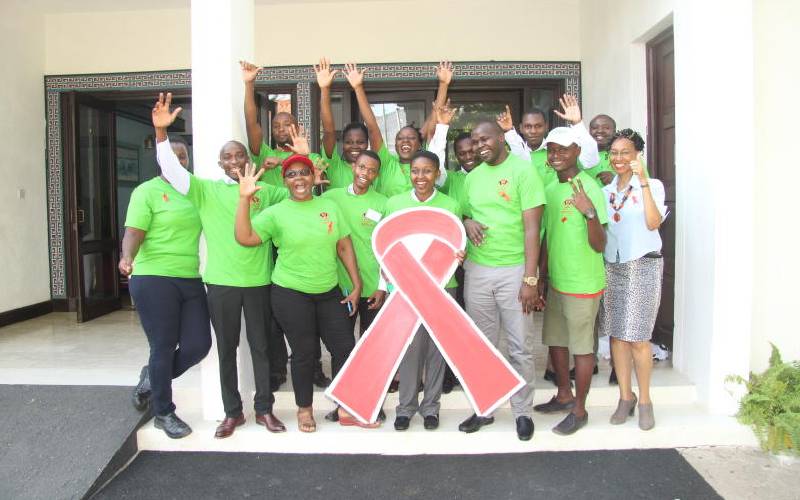×
The Standard e-Paper
Kenya’s Boldest Voice

Today we commemorate World Aids Day, a day set aside for partners to unite, renew their commitment and show support for people living with HIV and Aids, as well as remember those who have died from Aids-related illnesses.